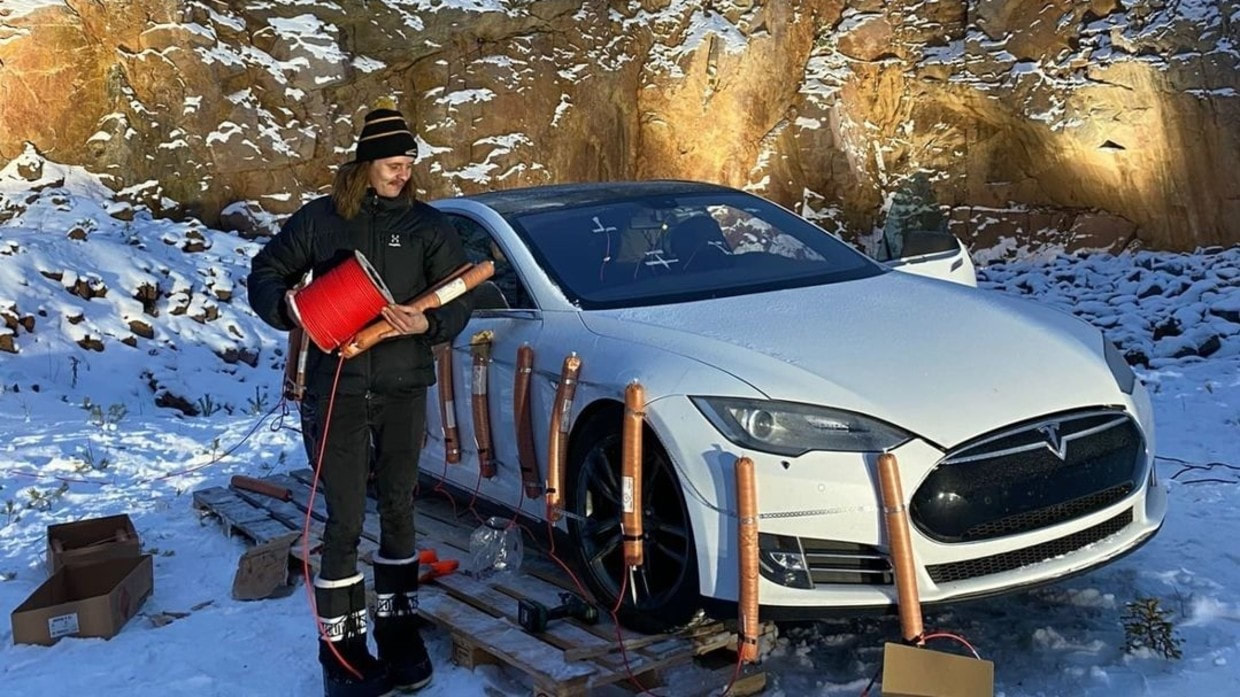One thing that most EV owners don’t realize is that battery packs don’t have linear degradation. Meaning that if you lost 2% of your capacity in each of the first 2 years, that doesn’t mean that you’ll have 80% left in 10 years. Battery degradation actually starts to accelerate at some unknown point. This happens with phones too. You have great battery life in the first 2 years but then after you hit that 3rd year the battery really starts to go away fast.
Sure we can all poke and laugh at the crappy quality of the worst cars built on the planet. But this does bring up a more serious issue of what to do with old EVs and how lower income people will cope with the new future.
There’s a reason why the old line automakers have stuck with the internal combustion engine (ICE), physical switches, and non-electronic solutions. Longevity and repairability.
High income earners who buy EVs poke fun at the many components that go into a regular ICE vehicles. But lower income people rely on buying used cars and replacing the components as they wear out. You can overhaul an engine or replace it relatively cheaply compared to a battery pack. This extends the life of the car and reduces landfill waste.
The roads today are full of vehicles from the 2012/2013 era. It’s hard to imagine many 2013 Toyotas or Chevrolets already getting junked. But the early Teslas from this time are already losing their battery packs. Many will probably be written off as too expensive to repair. Who wants to spend $20K on a new battery pack?
My 18 year old daughter is a freshman in college and drives a 2004 Honda Civic which still runs like a dream after 132,000 miles. Other than a new timing chain, valve cover gaskets, and radiator, this car hasn’t needed much in 18 years. Sure it could stop working tomorrow, but I can guarantee it won’t take $20K to fix it.
But what are low income earners going to do in the future if cars become disposable and non-repairable? And this isn’t just a low-income earner problem. Because many people who buy a new car every 2 or 3 years rely on the resale value of their old car. If the low income people are priced out of the market, this will start a chain reaction implosion in used car values. Less people will buy new cars if they are forced to drive that car until it dies.
I haven’t heard anyone discuss this potentially negative trend that is on the horizon. Which is a shame. Because in their zeal to push everyone to electric cars, journalists are failing their duty to the public in bringing up topics which need to be discussed.


 RSS Feed
RSS Feed